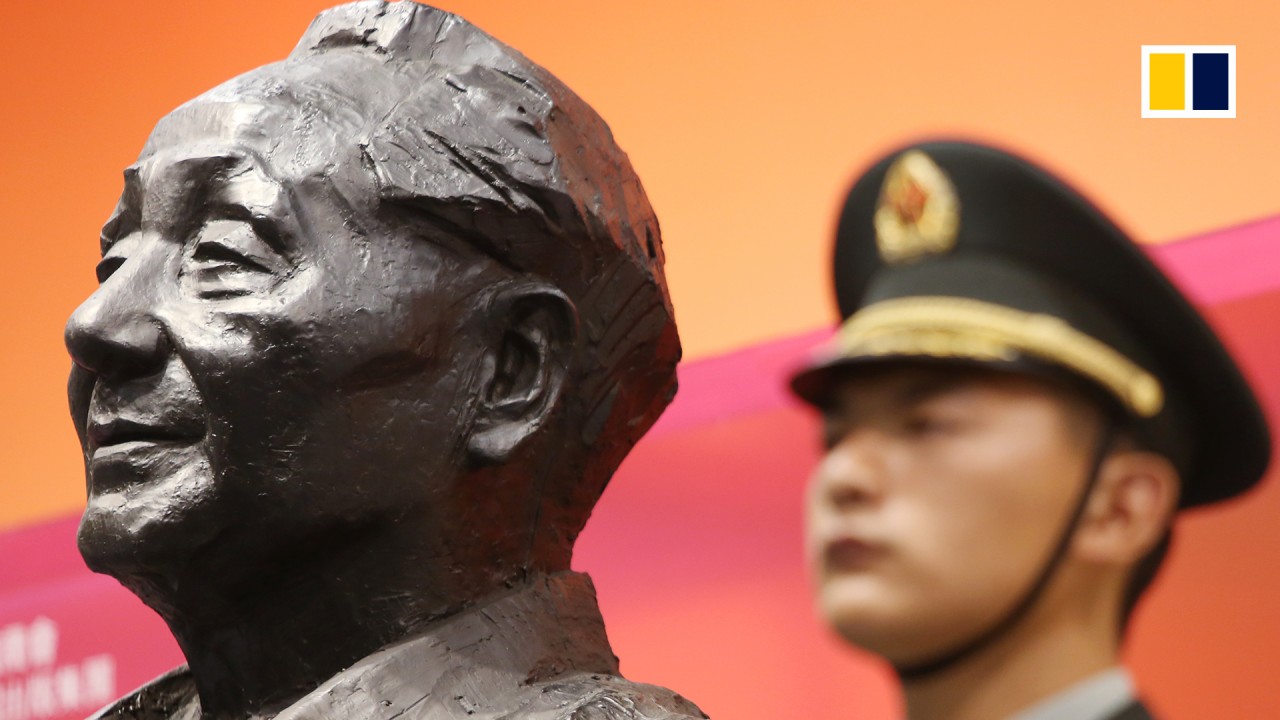
Foreign aid gave China’s economy a leg up in the 1980s, but political pragmatism did the rest
- With pragmatic leaders like Deng Xiaoping and Jiang Zemin, China’s opening up was a lesson in how far small investments can go when paired with the right policy framework and a willingness to adapt
- As Beijing moves to ease parts of its zero-Covid policy, there is hope these virtues live on
Foreign aid is often criticised as being a waste of taxpayers’ money. Commentators argue that too often it reinforces the power of the state to the detriment of private enterprise, while facilitating bureaucratic corruption that benefits unaccountable elites.
In 1979, I went to Beijing as the deputy representative of the UN Development Programme (UNDP), which was setting up an aid programme in China, the first in the country since the end of the Soviet aid programme in the ’50s. It was an early, tangible signal of China’s newly-found pragmatism under Deng Xiaoping and his willingness to reach out to external partners to support economic transformation.
Soon after my arrival in Beijing, I accompanied the then UN representative in China, Nessim Shallon, to a luncheon meeting convened by the chairman of the newly established foreign investment commission. Present at the meeting, in addition to the chair of the commission, was the vice-chair, Jiang Zemin, then a relatively unknown functionary. Unlike most meetings with government officials, this one was quite intimate with only an interpreter present.
Our hosts steered the conversation towards the topic of economic modernisation and the role that foreign investment and technology might play in that effort. The commission, we were told, wanted to learn more about the experience of other countries that had successfully attracted foreign investment. Our interlocutors were particularly interested in special economic zones (SEZs) and how they could stimulate inward investment.
At the end of the discussion, we agreed that the UN would fund a study tour for senior commission officials to visit selected countries and SEZs. With the help of the UN’s Centre on Transnational Corporations, we organised visits to 11 countries that had established SEZs of one kind or another, including Mexico, Mauritius and Brazil. The delegation was led by Jiang.

Later, following the return of the commission team, we were invited to a dinner for a de-briefing on the study tours. Jiang, in a buoyant mood, and speaking in English (rare at that time among senior officials), introduced us to “crossing-the-bridge noodles”. He recounted the story of how a scholar’s wife had devised the dish to provide her husband with hot meals while he was isolated on the other side of a river studying for the imperial exams.
I doubt that the menu was meant to convey a subliminal message, but it did seem to coincide nicely with the findings emerging from the study tours, namely that initiative and innovation were prerequisites for economic transformation.
During the dinner, Jiang spoke to the role of fiscal incentives for SEZs and the need for foreign joint ventures to improve China’s technological base.
Interestingly, he strongly emphasised the need to improve management education in China, and suggested that we might help set up a business school in Shanghai. His report was apparently well received by higher authority and paved the way for the rapid development of SEZs in coastal China, and later, further inland.
The cost of that study visit, if I recall correctly, was in the region of US$120,000 – a small investment for such a large impact.
During the discussion, Zhao, who was then prime minister, discreetly probed for his visitor’s experience with state enterprises. He was looking for a dialogue on how state-owned enterprises could be reoriented and reformed to improve their performance and productivity.
Regrettably, the UN visitor did not get the point and responded instead with a lengthy panegyric in praise of China’s industrial progress. I sensed Zhao’s disappointment with the discussion.
Zhao continued on the path of reform, notably pioneering the de-collectivisation of the agricultural sector. His career came to an abrupt end, however, following the security crackdown that ended the student-led uprising and culminated in the 1989 Tiananmen Square massacre.
China’s economic reform provides a blueprint for its exit from zero-Covid
That early experience in China taught me a seminal lesson about the possibilities and the limits of economic transformation, and the role that external aid can play in that process. Irrespective of its value, aid is only effective when the right policy framework is in place based on a national readiness to learn, adapt and change. Time and again, I saw in China that when those prerequisites were in place, quite rapid progress followed.
Alan Doss was formerly president of the Kofi Annan Foundation and an undersecretary general of the UN


